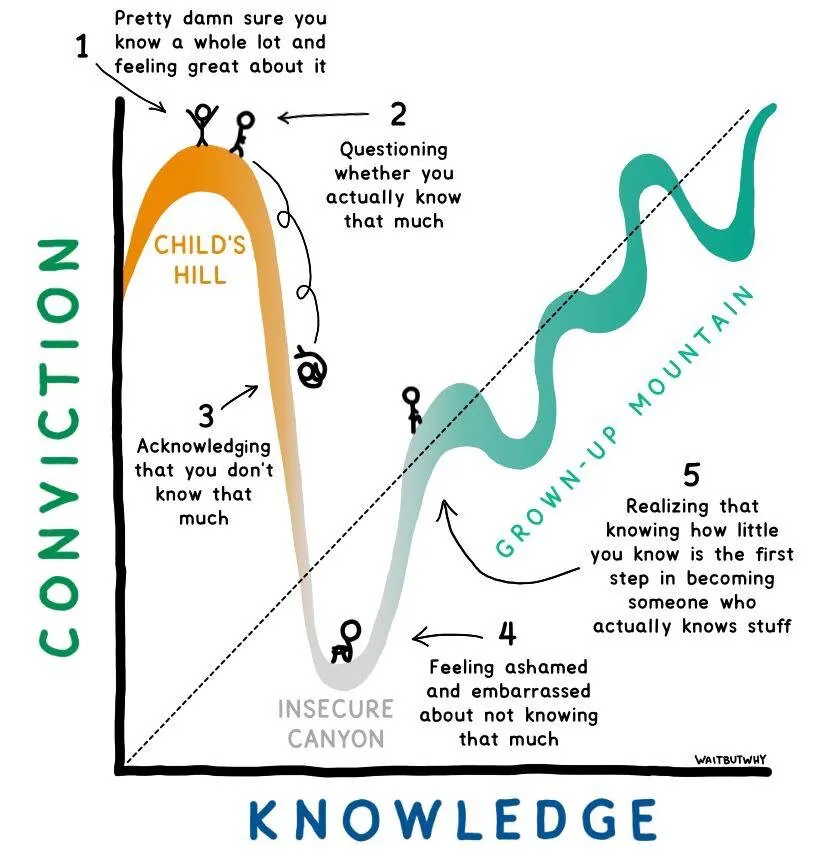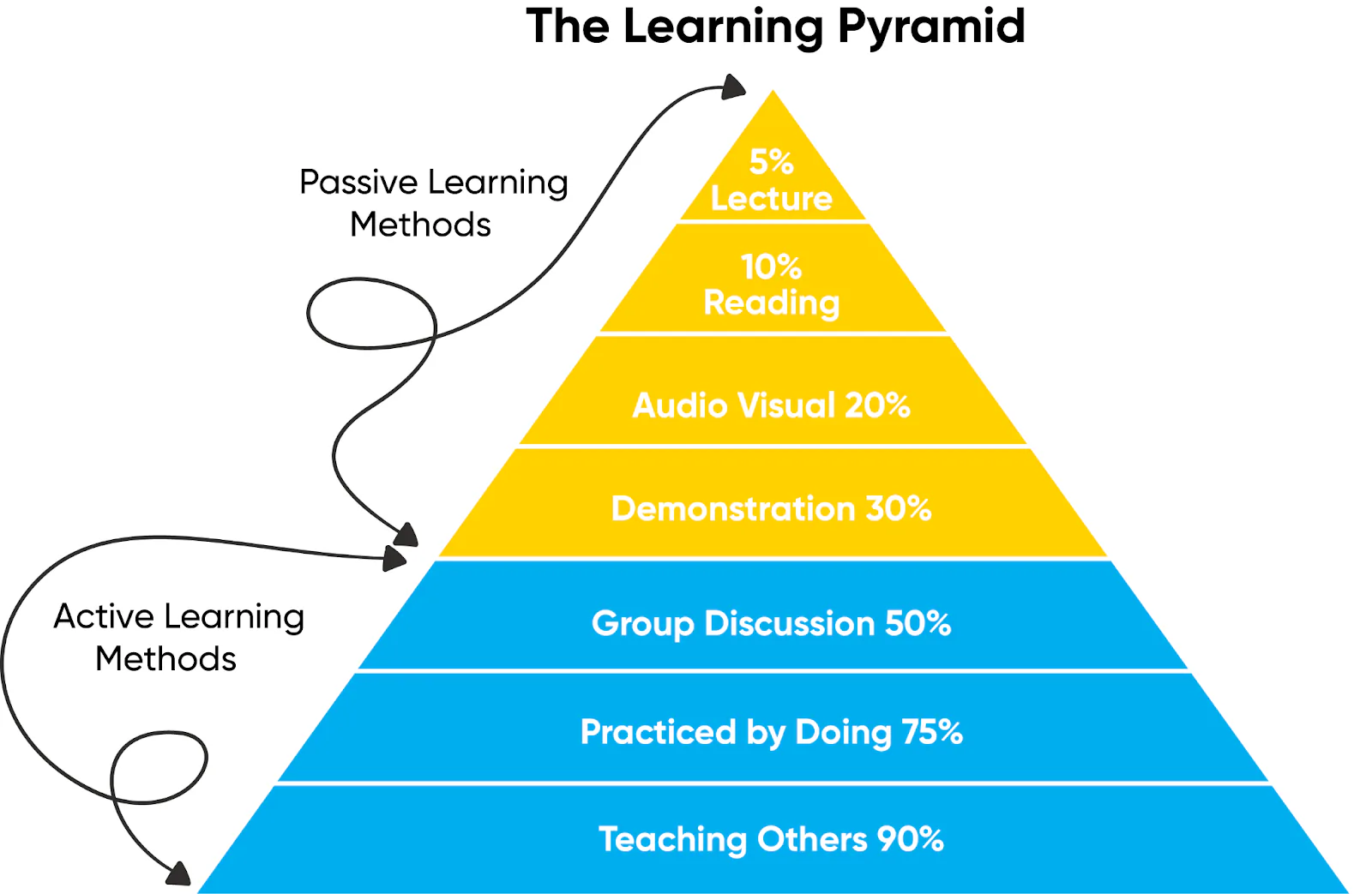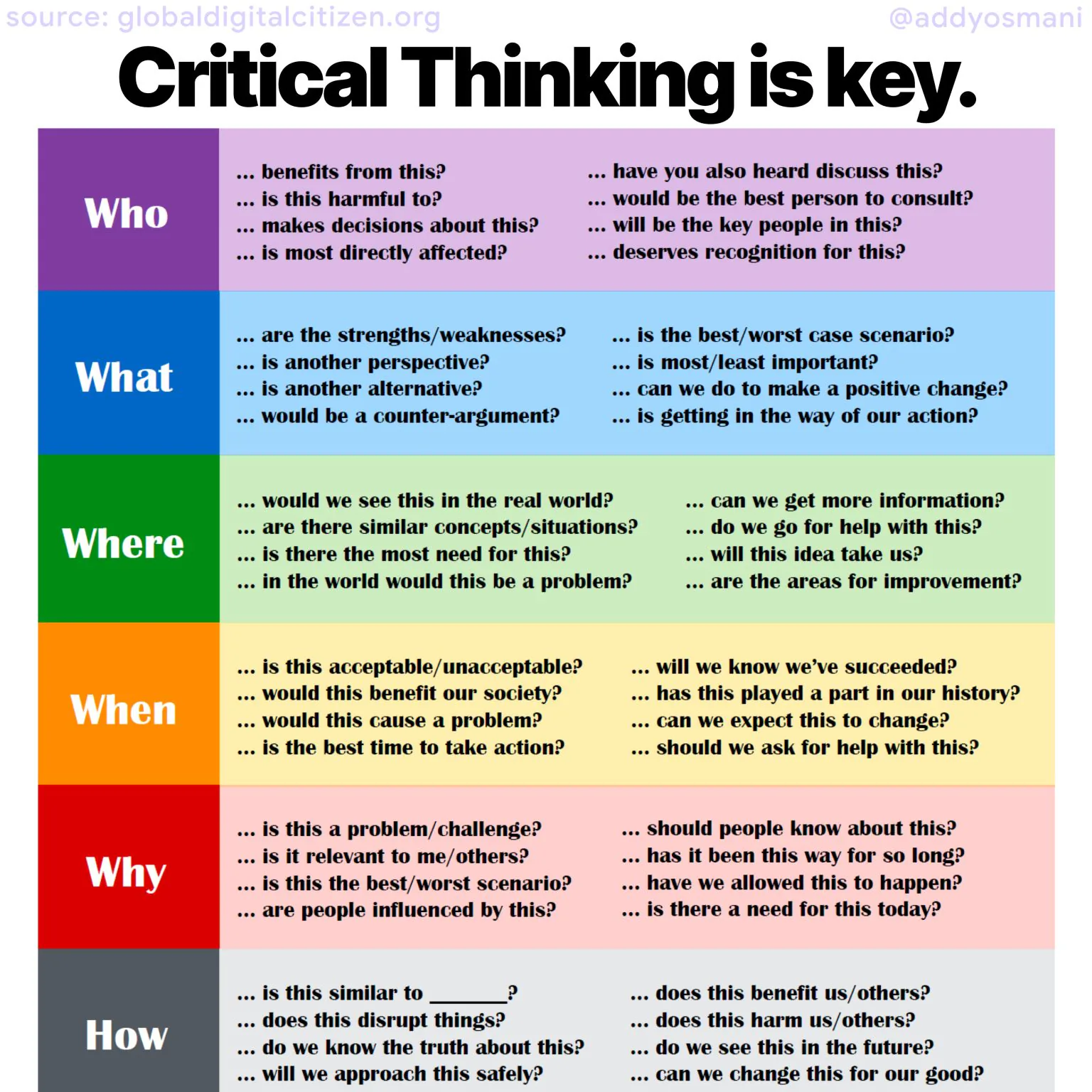How to Learn Programming in 2026: Best Guide & Resources
Master programming from zero. Top resources, books & proven strategies for beginners to pros.
Learning programming feels overwhelming when facing endless tutorials and conflicting advice. Every successful developer started exactly where you are now.
This guide provides a clear roadmap with battle-tested resources and strategies. You'll discover the best books, platforms, and methods to master programming effectively.
Summary
- Choosing Your First Language
- Essential Programming Books
- Best Online Learning Platforms
- Building Your First Projects
- Learning Stages and Expectations
- Advanced Resources
- Common Mistakes to Avoid
- Frequently Asked Questions
- Conclusion
Choosing Your First Language
The most common question is: "Which language should I learn first?" The truth: there's no perfect first language, and your choice won't determine your entire career.
Some languages are more beginner-friendly than others. Here are the top recommendations for different goals.
Most Important Rule: Pick one language and stick with it for at least 6 months. Language-hopping is the biggest beginner mistake.
Focus on problem-solving skills, not syntax memorization. Every programming concept you learn transfers between languages.

Essential Programming Books
Books provide depth that tutorials can't match. Here are must-read books organized by skill level:
Foundational Books:
For beginners, "Life 3.0: Being Human in the Age of Artificial Intelligence" provides excellent context about programming's role in our technological future.
Core Programming Skills:
The most recommended book is "Clean Code" by Robert Martin. It teaches maintainable, readable code - the skill separating good programmers from great ones.
Advanced Concepts:
"AI 2041: Ten Visions for Our Future"
and
"Artificial Intelligence: A Guide for Thinking Humans"
are essential for understanding AI's impact on software development.
Specialized Knowledge:
-
"The AI Engineering Bible"
- Perfect for integrating AI into applications
-
"LLM Engineer's Handbook"
- Practical guidance on language models
-
"The ChatGPT Millionaire"
- How programmers leverage AI for business
Reading Strategy:
- Read one foundational book per month
- Apply concepts immediately through coding
- Take notes and create your own examples
Best Online Learning Platforms
Online resources offer interactivity and community support. Here's your curated list of the best platforms:
Interactive Learning:
- FreeCodeCamp - Comprehensive, project-based curriculum
- The Odin Project - Full-stack web development path
- Codecademy - Interactive exercises with immediate feedback
- LeetCode - Algorithm and data structure practice
Video-Based Learning:
- YouTube Channels: Traversy Media, The Net Ninja, Programming with Mosh
- Coursera/edX: University-level courses from top institutions
- Udemy: Practical, project-focused courses
Documentation and References:
- Mozilla Developer Network (MDN) - Gold standard for web development
- Official language documentation - Always your first stop
- Stack Overflow - For when you're stuck (read docs first!)
Check out our guide on coding prompts for programming problems for modern AI-assisted development techniques.

Building Your First Projects
Programming is learned through doing. Here's how to choose and complete projects that accelerate learning:
Project Selection Criteria:
- Personal interest (you'll finish what you care about)
- Skill building (each project teaches something new)
- Portfolio value (showcase to employers)
- Complexity scaling (slightly harder than current skill level)
Essential Project Features:
- Version control with Git from day one
- README documentation
- Clean, commented code
- Working deployment/demo
Learn about AI tools for enhancing your projects with text, image, and video generation.
Learning Stages and Expectations
Understanding your learning journey helps set realistic expectations:
Stage 1: Unconsciously Incompetent "You don't know how much you don't know"
Everyone starts here. You think programming is just memorizing syntax. Focus on basic syntax and simple programs.
Stage 2: Consciously Incompetent
"You know how much you don't know"
The overwhelming stage. You realize programming's complexity. Focus on structured learning and small projects.
Stage 3: Consciously Competent "You know how much you know"
You solve problems systematically and build non-trivial applications. Focus on complex projects and specialization.
Stage 4: Unconsciously Competent "Programming becomes intuitive"
You recognize patterns quickly and make good architectural decisions. Most programmers spend years between stages 2 and 3.

Advanced Resources
Once you've mastered fundamentals, it's time to specialize:
Computer Science Fundamentals:
- Books: "Introduction to Algorithms" (CLRS), "Design Patterns"
- Courses: MIT's CS course series, Stanford CS106
- Practice: LeetCode, HackerRank for algorithmic thinking
Web Development:
Master both frontend and backend technologies. Understand databases and learn deployment/DevOps practices.
Data Science and AI:
Read "AI Superpowers" and "AI Engineering: Building Applications" for practical AI implementation.
System Programming:
- "Modern Operating Systems" by Tanenbaum
- "Database System Concepts" by Silberschatz
- "Computer Networks" by Tanenbaum
Explore our guide on AI agents and how they work to understand emerging development paradigms.
Common Mistakes to Avoid
Learning from others' mistakes saves months of frustration:
Top Programming Learning Mistakes:
- Tutorial Hell - Watching endless tutorials without coding
- Language Hopping - Constantly switching between languages
- Ignoring Fundamentals - Jumping to frameworks too early
- Not Reading Documentation - Always asking others first
- Perfectionism Paralysis - Waiting to know "enough" before starting
Success Principles:
- Follow the 70-30 rule: 70% coding, 30% learning content
- Master one language deeply before exploring others
- Make documentation your first resource
- "Done is better than perfect"
- Practice explaining code to others
Key Mindset Shifts:
- Programming is 80% thinking, 20% syntax
- Confusion is part of the learning process
- Discipline beats motivation for long-term success
- Every expert was once a struggling beginner

Frequently Asked Questions
What programming language should I learn first?
Python is ideal for beginners due to its clean syntax. JavaScript is great for web development, while Java offers strong fundamentals.
How long does it take to learn programming?
Basic proficiency takes 3-6 months with consistent practice. Professional competency requires 1-2 years of dedicated learning.
Which books are essential for learning programming?
Start with "Clean Code" by Robert Martin, then "Introduction to Algorithms" and language-specific books for your chosen path.
Should I learn programming through books or online courses?
Use both. Books provide depth and fundamentals, while online courses offer interactivity and visual learning.
What projects should beginners build first?
Start with a calculator, to-do list, or simple game. Focus on completing projects rather than perfecting them.
Conclusion
Learning programming in 2026 opens doors to countless opportunities. The key is starting with the right mindset, choosing quality resources, and maintaining consistent practice.
Focus on problem-solving over syntax memorization. Build projects that challenge you and embrace the struggle - that's where real learning happens.
Your programming journey starts with a single line of code. Use this guide's resources and strategies to build the foundation for a successful development career.




